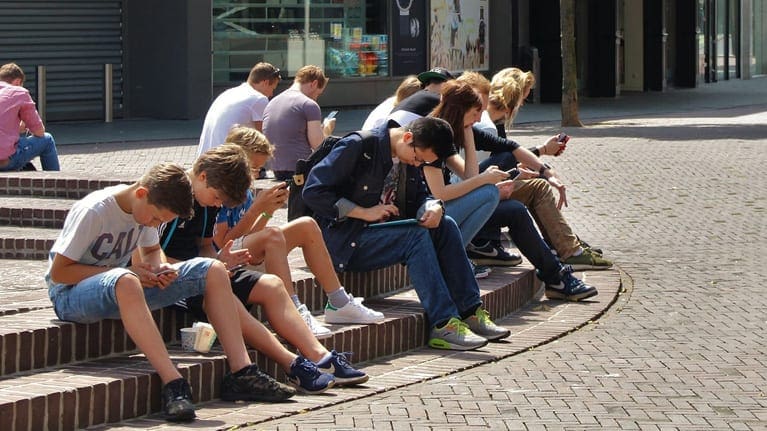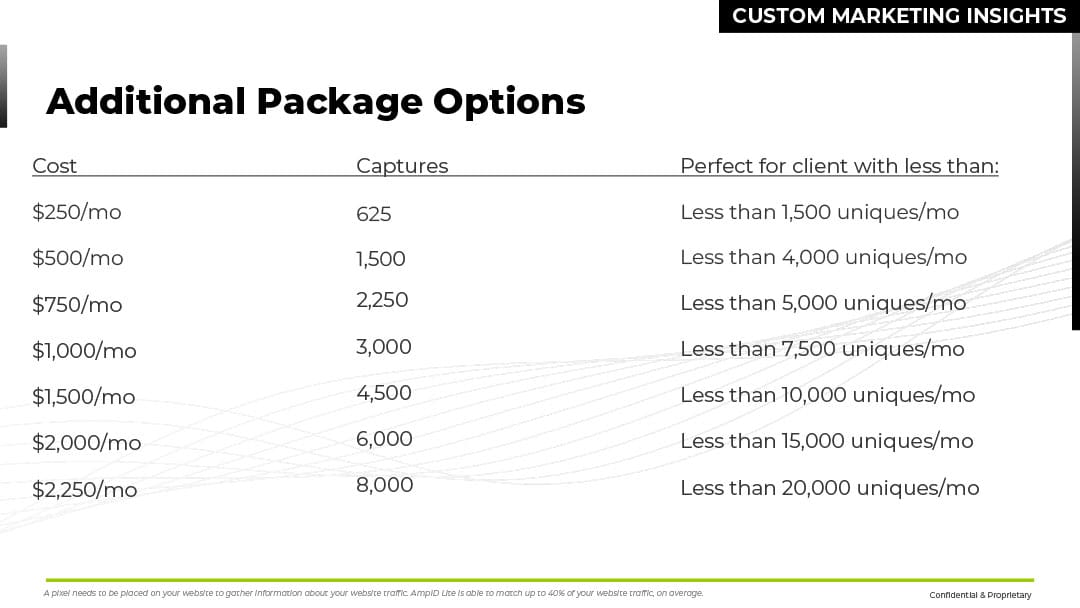Several characteristics separate millennial consumers from any other consumers in history. Many of the stereotypes that surround the millennial generation – defined as those roughly born during the 1980s-2000s – can prove beneficial in creating tactics to target them.
The following are just a few of the generalizations that, once considered, could provide you with strategies to create an effective digital environment that allows your business to build relationships with millennials:
Millennials are very opinionated.
The millennial generation is known to be one of the most outspoken and assertive since the 1960s. While this can generate negative publicity for individuals and businesses, if used correctly, it can also prove beneficial.
Millennials will tell anyone that will listen what they think. While opinions are typically shared in the event of negative experiences, sharing positive experiences are essential to them, as well. Customer service is increasingly important to this generation. If you show them that their opinion matters, they will be extraordinarily loyal to your business and will most likely encourage friends and family to do the same.
They are constantly attached to their digital devices.
This is the digital generation. Social media is one of their favorite sources of communication and they will use it for anything. If millennials are your ideal target audience, placing importance on developing strong and prominent social media profiles is essential. You should also have a social media/digital voice for your brand, as these consumers want to feel like they’re actually communicating with someone.
This also means your social media platform can be used as a customer service lifeline — for both good and bad experiences. Use any negative feedback as a chance to show other consumers that you are invested in fixing mistakes, because millennials understand that people make errors from time to time. Rapid and thoughtful responses mean the most to millennials, and they would never turn down an incentive or coupon.
Millennials have a short attention span.
As millennials have been brought up with technology that provides immediate answers or results, they are not the most patient generation. Consider this when you develop any advertising that you want to target to millennials. Display your call-to-action quickly; you have very few seconds to make an impression. The big question for this crowd is: “What’s in it for me?” Provide them with the answer to that question as quickly as possible and direct them to a page that will pique their interest even more.
They are all about the overall experience.
Just because a product is beneficial to millennials doesn’t mean they will jump on it right away. They want to know the entire story before making a commitment. They are invested in everything from public relations to customer service, but most of all, they are adamant about building a relationship and growing with businesses.
For millennials, one does not simply make a purchase and never look back. Let’s take a look at Apple:
Apple is a brand that most millennials not only invest in daily, but a brand they have watched develop throughout their lives. From the iPod to the Apple Watch, this generation has seen the company grow from the beginning through to the present, watching Apple integrate all of the upgrades and benefits they wanted, allowing them to feel they have a voice in product development. At the same time, Apple has implemented concepts that millennials did not even know they “needed,” showing that Apple is invested in the millennial generation and placing emphasis on the relationship they currently find most important in purchase behaviors: millennials.
Millennials want to build relationships.
What a business may see as increased spending habits, millennials see as a developing relationship. The vast implementation of loyalty programs and apps is a testament to this. Many loyalty programs require a member to spend a specific amount of money before they receive a reward. For example, in many fast-food chains, the customer needs to spend $50 to gain their first reward, which typically requires several return trips to accrue. This repeated business may only result in a $5 reward to the customer, but the remaining $45 will go to the business. Millennials see this $5 as a gift from the company, returning the favor by visiting frequently and continuing to increase their spending habits.
The customer loyalty can also be emphasized when considering certain locations. Take college campuses as an example. Say you have 3 restaurant locations near a variety of college campuses. You could implement weekly discount days or incentives at these locations, and have familiar faces on staff to greet your millennial customers, potentially turning them into “regulars.” Remembering their name and/or order is a great compliment to these customers and feeds directly into their desire to develop strong business-consumer relationships.
While these are only a few of the established qualities that characterize millennials, they are enough to provide insight into this purchase sphere. Some of these characteristics may seem negative at first glance, but with a closer look, they will provide you with the perspective you need to grow your business within the demographic.



